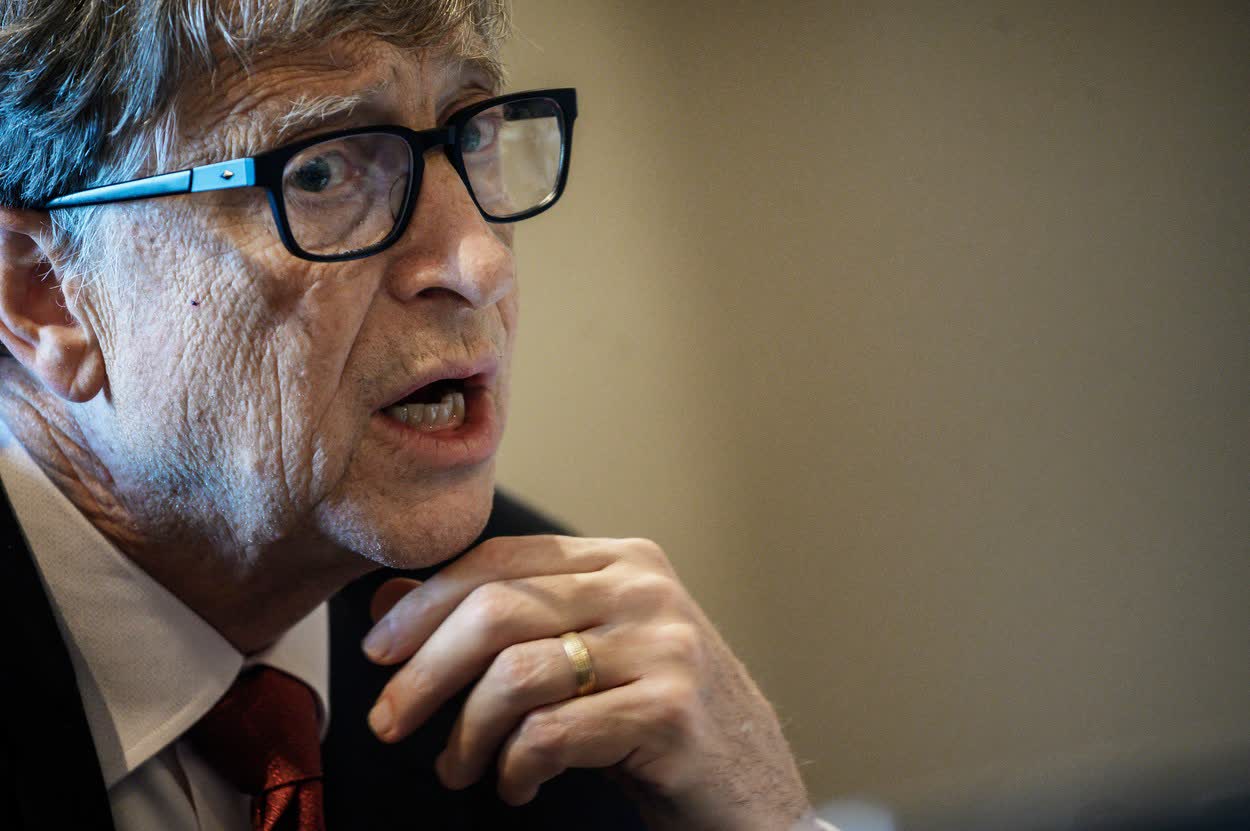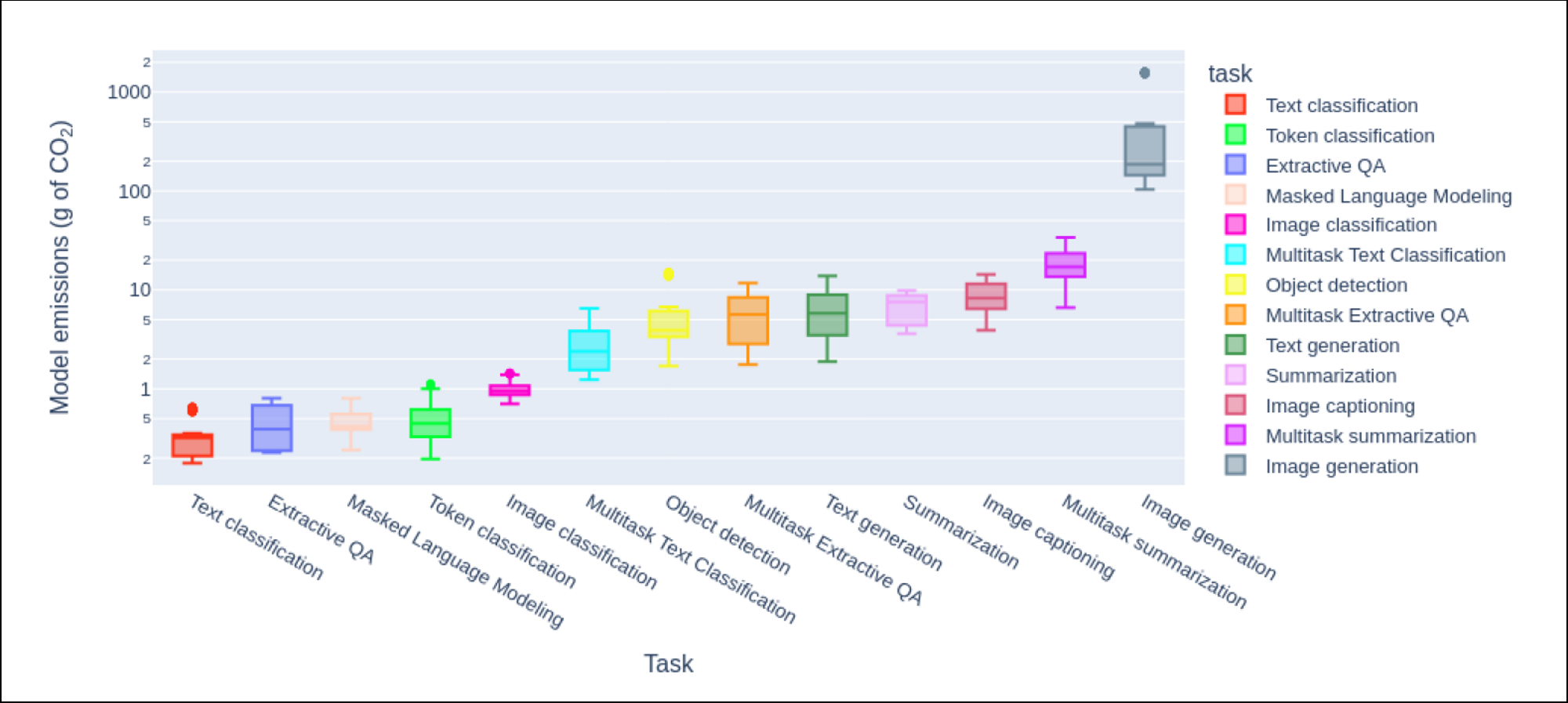A hot potato: There have been plenty of warnings about the massive increase in energy use as a result of AI systems, but Bill Gates thinks we don't need to worry. The former Microsoft CEO and co-founder says AI will be able to reduce global energy usage and make electricity grids more efficient, offsetting the tech's own power consumption.
Speaking at a London event last week hosted by his Breakthrough Energy venture fund, Gates said, "Let's not go overboard on this."
"Datacenters are, in the most extreme case, a 6 percent addition [to the energy load] but probably only 2 to 2.5 percent. The question is, will AI accelerate a more than 6 percent reduction? And the answer is: certainly," the billionaire added.
It's been estimated that a query run through ChatGPT requires almost ten times as much electricity to process as a Google search. As a result, carbon emissions from data centers are expected to more than double between 2022 and 2030.
The International Energy Agency is more pessimistic, saying it could take just four years for electricity usage from AI and data centers to double from the 460 terawatt hours (TWh) level recorded in 2022.
Microsoft said in May that its greenhouse gas emissions had risen by almost a third since 2020, largely due to the construction of data centers that were required to meet customer demands for online services, including AI.
Gates believes that tech giants will be willing to pay higher prices as they look for new sources of clean power, especially as it will allow them to "say that they're using green energy."
"The tech companies are the [ones] willing to pay a premium, and to help bootstrap green energy capacity," he added.
The Gates-founded Breakthrough Energy group, which boasts investors such as Jeff Bezos, Masayoshi Son, and Jack Ma, has invested in more than 100 companies involved in developing sustainable energy and other technologies designed to reduce greenhouse gas emissions.
AI and deep learning technologies have been used to improve the energy efficiency of data centers for years, In 2016, a few years after it had acquired DeepMind, Google said the technology was being used to cut the amount of energy used for cooling in its data centers by 40%, which equated to a 15% reduction in overall Power Usage Effectiveness (PUE) - the ratio of the total building energy usage to the IT energy usage.
Gates did warn, however, that despite the efficiency advancements brought by AI and more advanced renewable technologies, the increasing demand for electricity meant the global aim of reaching net zero emissions by 2050 was likely to be missed. "Another 10 or 15 years might be more realistic," he said.

